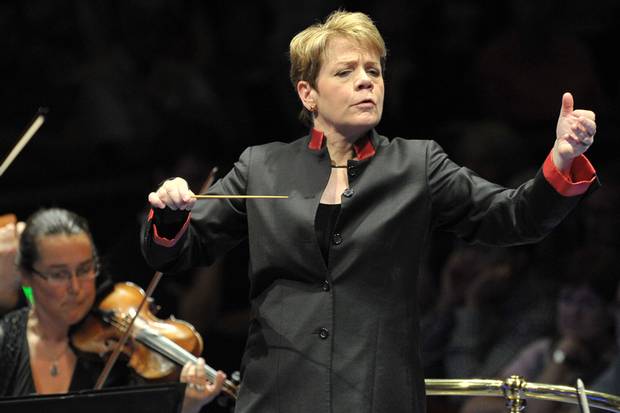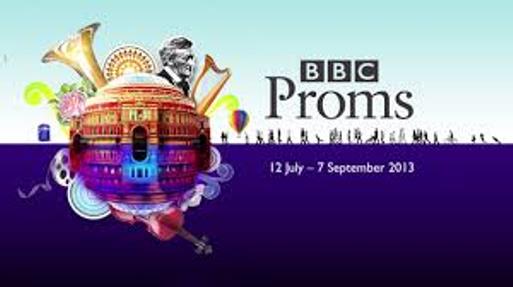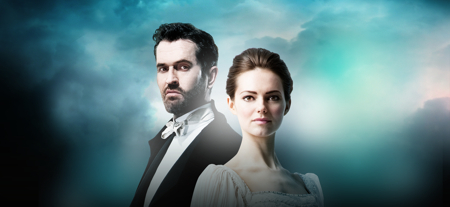Published by Daily Mail
Prom 75: Last Night of the Proms (Royal Albert Hall)
A woman can’t possibly conduct this, bemoaned some. It’s a bit like asking one to reverse-park their Ford Ka into a not-so-tight spot. And an American? Good grief, it’s the end of civilisation as we know it, lamented others. It is as though the spirit of Wallis Simpson had returned from Baltimore to purloin the Crown of England. The Proms are international, sure, but the Last Night is a peculiarly British affair, and at all costs we must preserve this sacred institution from the BBC’s interminable trendy ‘modernising’ and its lefty notions of political ‘progress’. Continue reading



